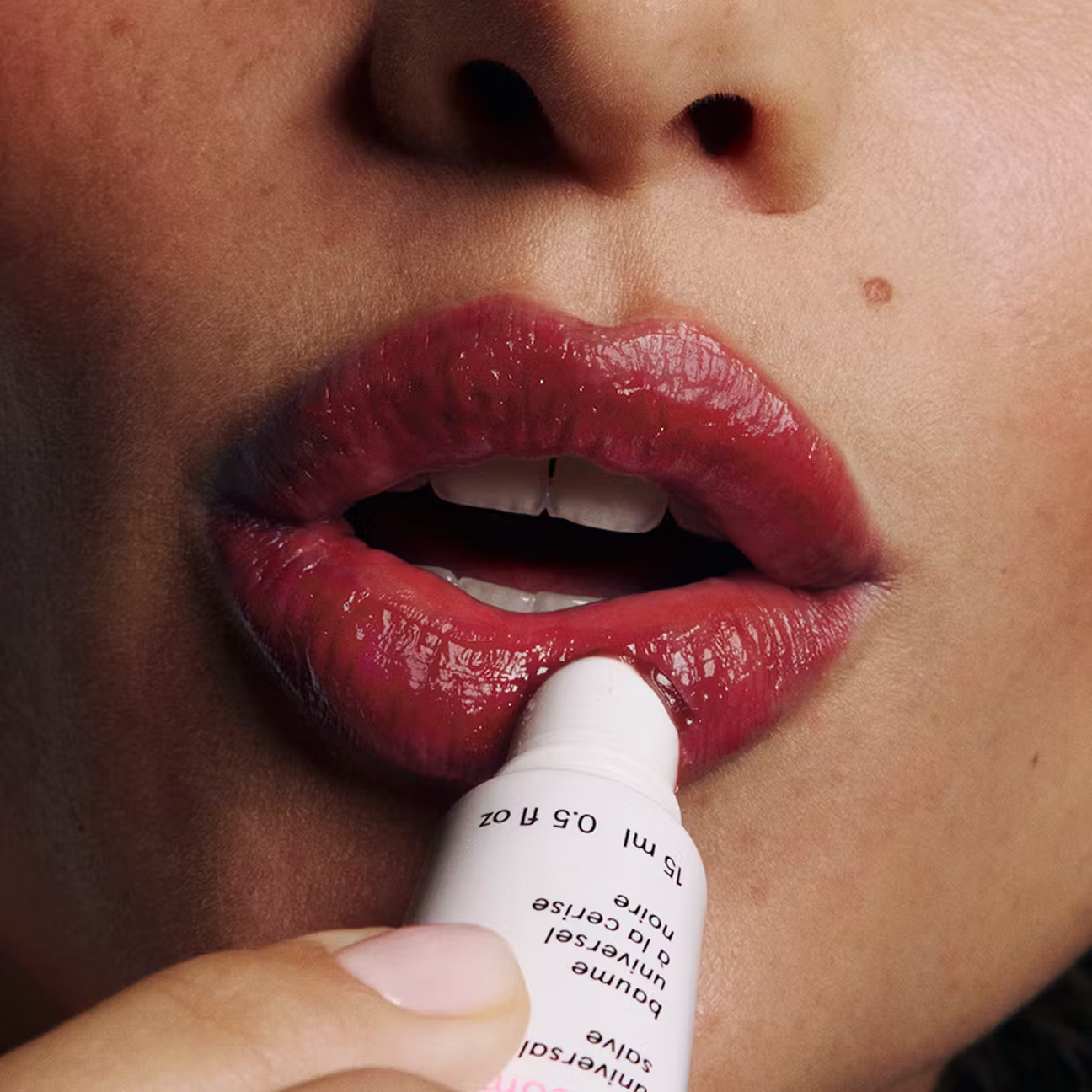Do you know what's
in your makeup?
The cosmetics industry has grown exponentially in the 21st century. With growing revenues come higher prices, and we see consumers struggle with finding the right fit for their values.
Our Mission
The core focus: We want to uncover and point out exactly whether these "safe" products and brands are truly transparent with us as consumers. Are brands trying to use these safe products as a marketing scheme in order to raise prices, or are company morals exactly what they claim?
The Problem?

The consumer Cosmentics Industry
The cosmetics industry has experienced exponential growth in recent years, driven by social media influence, shifting beauty standards, and increasing consumer demand for aesthetic enhancement. In 2023 alone, the global cosmetics market was valued at over $430 billion, with projections expecting it to surpass $580 billion by 2030.
However, as consumption rises, so does concern over the safety of cosmetic products. A 2021 study by the Environmental Working Group found that nearly 75% of cosmetics contain potentially harmful chemicals, including parabens, phthalates, and PFAS—so-called "forever chemicals" linked to hormone disruption, fertility issues, and even cancer. Brands just aren't as specific as we wish.
Our Analysis: Sephora
Sephora stands as a global authority in the beauty industry, offering a curated selection of over 340 brands across skincare, makeup, fragrance, and haircare. With products ranging from accessible essentials to luxury formulations, Sephora serves as a comprehensive marketplace that caters to diverse consumer needs and budgets. Its influence extends beyond retail—shaping trends, defining standards, and elevating certain brands into mainstream consciousness. This platform's scale and reach make it an ideal subject for analyzing the ethical dimensions of modern cosmetics. By examining the brands Sephora carries through the lenses of ingredient potency, pricing strategy, and popularity, we can better understand how consumer values align—or conflict—with the ethics and transparency of the beauty products they purchase.
Why Now?
U.S. FDA has banned or restricted only 11 chemicals in cosmetics, compared to over 1,600 substances prohibited in the European Union, highlighting regulatory gaps that leave American consumers more vulnerable to toxic exposure. As beauty trends surge, the industry's lack of transparency and lax regulation present growing public health concerns.